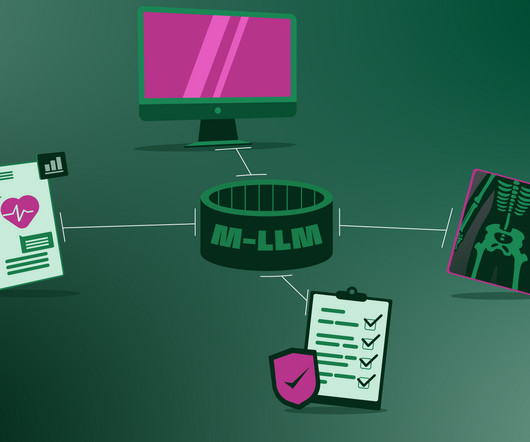9 Technologies That Will Shape The Future Of Dentistry
The Medical Futurist
JUNE 17, 2025
Just like in the case of other medical specialties , disruptive innovations will have a huge impact on how dentistry will be practiced and how patients will take care of themselves in the future. For patients, it promises more accurate care and better outcomes. How about having a teledentist consultation?


















Let's personalize your content